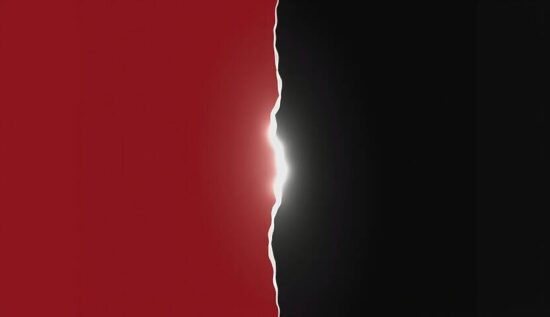European Politics in Flux as Austria’s Shift Gains Attention
Austria’s political developments are making waves across the continent, with some seeing the start of a new era. Florian Machl, editor-in-chief of V24-News, believes a party could come to power that truly puts the interests of its own people first.
If this were to happen, it could be a model for Germany, Machl suggests.
The Freedom Party of Austria (FPÖ) represents a down-to-earth, pragmatic approach, according to Machl: “It’s always about the interests of Austria and the well-being of the people first.”
This direction is a counterpoint to the previous politics, often shaped by international guidelines. If the FPÖ were to lead the government or significantly influence it in the future, this would be a turning point, Machl assesses.
Not everyone views this potential power shift positively, with critics warning of a return to nationalist or isolationist patterns. For Machl, the FPÖ’s success is not a “warning signal” but a “joyful signal.”
It shows that people vote for parties that take their concerns seriously. This development could also have a demonstration effect for other countries, particularly Germany, he says.
Germany’s Political Leeway: Constrained from the Outside?
Machl delivers sharp criticism of Germany’s foreign policy dependence. “Germany has been acting for decades under strong US influence” he says. This influence makes it difficult to embark on independent political paths, especially when it comes to the acceptance of conservative or right-wing parties like the AfD.
A possible change in the US leadership could also impact Germany. If Donald Trump were to win the presidency again in 2025, the political landscape could shift. In this scenario, Machl finds it plausible that the balance of forces in Germany could also change. Otherwise, the strong rejection of the AfD by the media and established parties will likely continue uninterrupted.
Left Parties in Retreat
Machl sees the current dynamics as a result of the weakness of left parties, which are losing support in many European countries.
“For years, European countries were under the dominance of left parties that neither acted in the people’s interest nor were governable” he explains.
These parties would be losing their influence and now fiercely fight to maintain their power, he says.
Whether Austria will indeed become a model for Germany remains to be seen. However, it is clear that the European political landscape is in flux. People are increasingly demanding a politics that puts national interests first and is less guided by ideological principles.
As Austria heads towards a potentially direction-setting reorientation, the question remains whether similar developments can also occur in Germany. Certainly, the coming months will be crucial for the future of European politics – and Austria is playing a key role.





